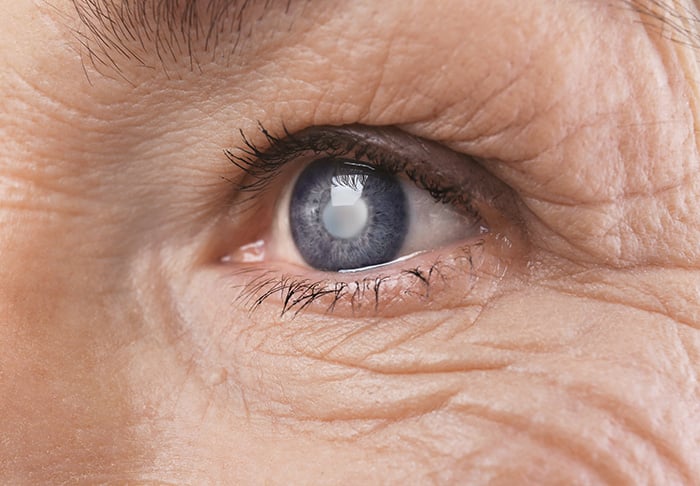Dr. Matzkin is one of the best neuroophthalmologist and cataract surgeon in the country. He performs cataract surgery using the Alcon LenSx Laser. If you’ve recently had a cataract diagnosed by Dr. Matzkin or have a surgery on your calendar, you probably already know this, but do you know what recovery following surgery should look like?
To start, cataract surgery is a simple surgery that takes a relatively short time to perform. Immediately after surgery, you will feel groggy for about 30 minutes or so. If you are in good health prior to your surgery, recover will be short and uneventful, but it’s still important to have someone who can drive you home following the surgery and to wear sunglasses to protect your healing eyes on your way home. It is important to rest for the rest of the day after your surgery, as well as follow any of the at-home care tips that Dr. Matzkin and the Allied Eye team gives you.
When you first remove the eye shield that Dr. Matzkin will place on your eyes after surgery, your vision may be cloudy, distorted, or blurry, but don’t be alarmed! Your eyes and the connections to your brain may take time to adjust. Your eyes may also seem red or bloodshot for a few days because of the temporary damage to the blood vessels on the surface of you eye that occurs routinely during cataract surgery. It is important to remember that everyone heals differently, so it may take you longer to have fully clear and sharp vision or for the redness in and around your eyes to fade than other patients. That being said, if you still have blurry vision or eye pain after a few days, make sure to call our office so we can get you back in with Dr. Matzkin to find the cause of your discomfort.
All in all, you should be fully recovered in about a month with your eye(s) healed and your vision clear. Here are a few tips to help your recovery go smoothly:
- Make sure to correctly use any and all prescriptions that Dr. Matzkin gives you. These will help to reduce any internal inflammation and prevent infection.
- Immediately after surgery, avoid blending over to prevent extra pressure being put on your eye, and avoid heavy lifting or strenuous exercise for the first few weeks following your surgery.
- Avoid irritants to reduce the risk of infection and encourage healing. For example, to avoid infections, don’t swim or use a hot tub during the first week after your surgery, and make sure to wear sunglasses to keep the wind from blowing dust and grime into your eyes for the first few weeks.
- Above all, if you are concerned about how your recovery is going, don’t hesitate to call our office. Especially if this is your first cataract surgery, recovery is new to you, and we don’t want you to feel “in the dark” about what to expect. So, make sure to call our team at Allied eye with any questions or concerns you may have.


